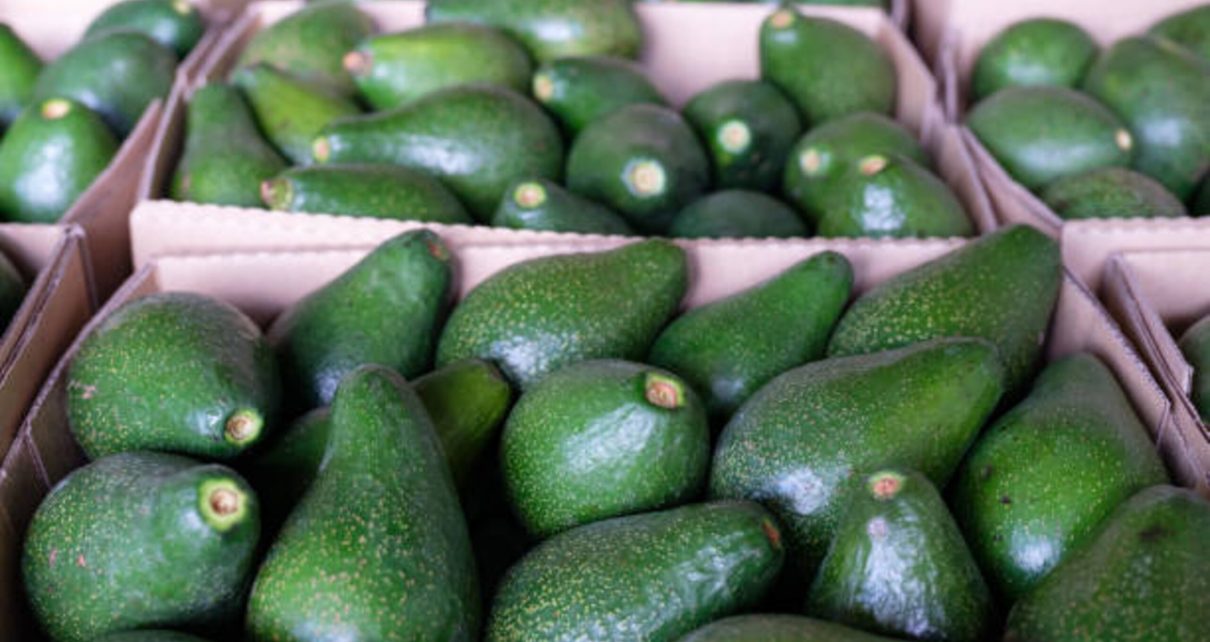The Codex Alimentarius Commission, marking its 60th anniversary within the Food and Agriculture Organisation (FAO) of the United Nations, has grown from 30 to 189 members, evolving into a global food standards body. FAO chief Qu Dongyu highlighted this milestone, emphasising its mission as a means to protect consumers and producers globally and reduce trade barriers.
“Internationally accepted food standards remain crucial today,” Dongyu stated, reflecting on the initial goal of establishing food standards 60 years ago. “Science and risk assessment are vital to prevent food safety issues and decrease foodborne illness risks,” he added, underscoring their ongoing emphasis on scientific foundations.
This Commission, gathering top scientists, focuses on assessing microbiological and chemical hazards, particularly safeguarding vulnerable groups like children and pregnant women, while considering regional food habits.
“As food chains grow more complex, prevention and control systems like Codex gain significance,” Qu explained, emphasising the evolving importance of ensuring food safety in today’s landscape.
Codex standards also encompass food quality, covering areas such as hygiene, labelling, nutrition, and measurement techniques, contributing to food safety.
The upcoming 46th session of the Codex’s ruling body aims to adopt new texts and guidelines, aligning with its mission to guarantee the production and trade of safe food by assessing risks and prioritising safety.
These standards, developed in partnership with the World Health Organisation (WHO) and FAO, although voluntary, serve as a framework for national health laws, enhancing consumer protection and bolstering importers’ confidence in the safety of received goods.



